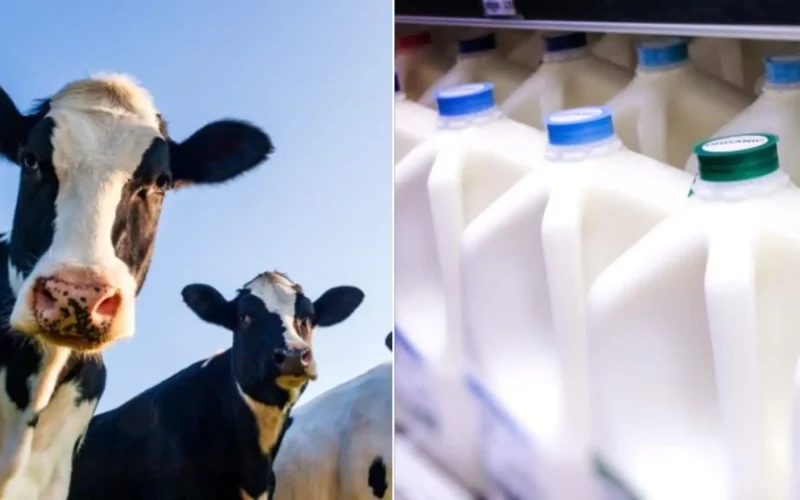About one in five samples of commercial milk in the United States has tested positive for traces of bird flu in a recent national survey, according to the U.S. Food and Drug Administration (FDA). The FDA highlighted that a higher proportion of positive samples originated from areas with infected bird herds.
However, the FDA emphasized that there is currently no evidence suggesting that the presence of bird flu traces in the milk poses a danger to consumers or that a live virus is present. The regulatory body underscored that further testing is necessary to ascertain whether the intact pathogen persists and if it remains infectious.
In its announcement late Thursday, the FDA also reiterated previous statements that heating milk to specific temperatures renders it safe for human consumption, as the pasteurization process effectively eliminates harmful bacteria and viruses.
Both the FDA and the U.S. Department of Agriculture (USDA) have affirmed that, based on available information, the commercial milk supply remains safe due to pasteurization protocols and the identification and removal of milk from infected cows.
The FDA’s latest update confirmed that retail milk studies have not yielded any results that would alter the assessment of the safety of the commercial milk supply.
According to data from the USDA, eight states in the U.S. have reported cases of bird flu in 33 dairy cattle herds. Thus far, only one human case of bird flu has been confirmed, involving a farm worker in Texas who experienced conjunctivitis, an eye condition causing redness and discomfort.
The FDA stressed that epidemiological data from the U.S. Centers for Disease Control and Prevention (CDC) has not indicated an increase in human cases of bird flu beyond the single known case.
To further evaluate positive findings, the FDA is conducting egg inoculation tests, considered the gold standard for determining the viability of the virus.








